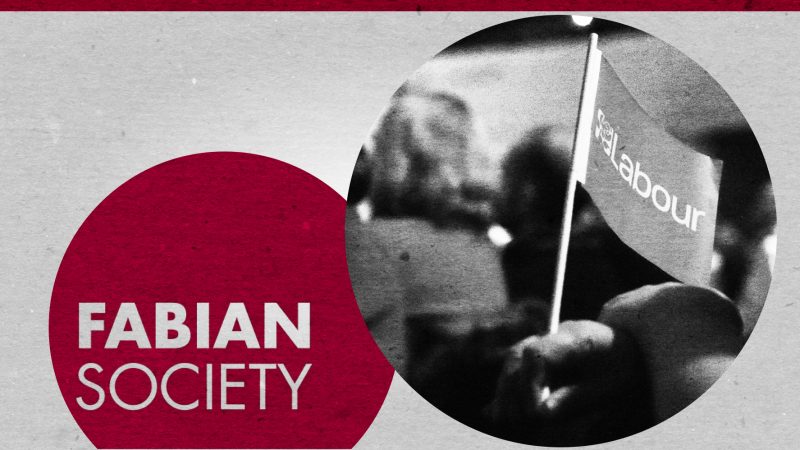
The latest Fabian Society survey of Labour members has found that those in disadvantaged or under-represented groups are more likely to report negative experiences of local parties, LabourList can reveal.
According to the new survey results, women, minority ethnic members, disabled members, lesbian, gay and bisexual members, and under-35s in the Labour Party are:
- more likely to find other members unfriendly and unwelcoming;
- less likely to enjoy attending meetings;
- less likely to believe people are treated fairly in the local party;
- less likely to believe that local members reflect and understand people living in the area in all their diversity.
2,890 Labour members participated in the 2021 survey, which was not designed to be representative of the membership as a whole. It is a repeat of an exercise conducted by the Fabians six years ago.
The purpose of the surveys is to map how members’ experiences within the party vary according to identity and background. The latest survey has established that the problems identified in 2015 largely persist.
Some results were more negative compared to the 2015 survey. For example, fewer activists said they found everyone in their local party to be friendly and welcoming, enjoyed attending meetings or believed that local members are treated fairly.
Asked whether people put their differences aside to work together or whether progression into leadership roles is based mostly on merit, only a small minority agreed – and those from minority or under-represented backgrounds were more likely to disagree.
Jewish members were least likely of any group to enjoy local party meetings, to agree that people are treated fairly in their local party or to say local members put political differences aside to work together.
Disabled members also reported some of the worst experiences, with around a quarter saying their accessibility needs were not met in candidate selections. Those from disadvantaged backgrounds were less likely to support a complete return to face-to-face meetings after Covid.
Asked how Labour can ensure more from under-represented groups are selected as local officers and candidates for election, the top three answers were “mentoring opportunities” (38%), “better information” (30%) and “more diversity in senior positions (28%).
Women were more likely to want effective use of positive action, disabled people to want action against discrimination and equality and diversity training, and minority ethnic members to want more diversity in senior positions and action against discrimination.
Both lesbian, gay and bisexual respondents compared to heterosexual respondents and under-35s compared to over-35s were more likely to want stronger action against discrimination and financial assistance.
Responding to the report, a Labour spokesperson said: “Keir’s relentless focus since his election as leader has been on positively changing the Labour Party. Thanks to the significant progress made we are proving to the public that we understand and are acting on their priorities.
“This progress includes rebuilding our relationship with the Jewish community, and demonstrating wholeheartedly that only Labour is the party of equality and opportunity, for our members, and the country. We are committed to taking our dedicated membership with us at every step.”
Commenting on the results, Fabians senior researcher Ben Cooper said: “This survey highlights the difficult experiences members have had in recent years, particularly those from disadvantaged or minority backgrounds.
“Too often local parties have been inaccessible or unwelcoming, while barriers have been too high for members from under-represented groups to become local party officers and council or parliamentary candidates.
“It is clear there is more to do, but our findings also highlight some practical solutions that members want to be taken forward to make Labour more welcoming, accessible, and reflective of the communities it seeks to represent.
“This demonstrates a real desire from within the membership to work collaboratively to improve everyone’s experience.”




More from LabourList
Ex-Cooper aide: ‘Keir’s ground-breaking deal with France suggests his migration approach could be bearing fruit’
Labour to scrap first past the post for mayoral and PCC elections
New intake Labour MPs: ‘Why we set up the Living Standards Coalition’